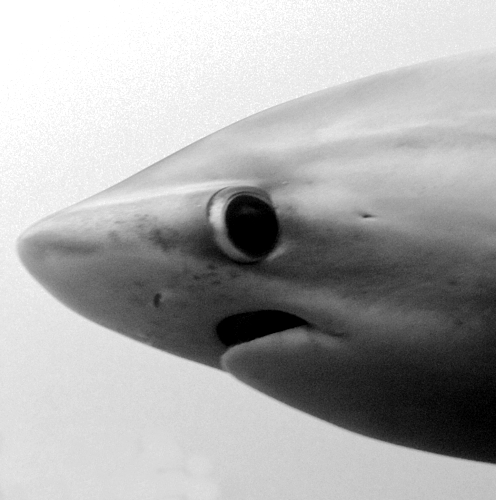Shark scheme shifts
 The NSW Government has adjusted its shark management program for the 2024-25 season.
The NSW Government has adjusted its shark management program for the 2024-25 season.
The state’s updated program includes new measures aimed at balancing beachgoer safety and marine life protection.
Starting September 1, shark nets will be deployed at 51 beaches from Wollongong to Newcastle, but they will be removed one month earlier on 31 March 2025.
This adjustment aims to reduce the risk of entangling marine creatures such as turtles, which become more active in April.
During March, the frequency of net inspections will increase from every third day to every second day. Additionally, Surf Life Saving NSW (SLSNSW) drones will provide extra surveillance on non-inspection days to spot and free any trapped turtles. The government will also trial lights on the nets during February and March to deter turtles from approaching them.
The $21.5 million program includes various other strategies, such as:
-
Drone surveillance: using 50 drones in partnership with SLSNSW
-
Tagged shark listening stations: Maintaining 37 stations along the coast year-round
-
SMART drumlines: Deploying 305 drumlines across 19 local government areas
-
Funding for Surfing NSW: Providing $500,000 for mitigation support, including trauma response kits, drones, and training
-
Community education: Expanding the SharkSmart program to include shark and social research
“We will be working closely with local governments, SLSNSW and Surfing NSW over this season to ensure the future of this program works for the communities it operates in,” said Agriculture Minister Tara Moriarty.
“Importantly, this year we have responded to community feedback and taken significant steps to increase the program’s safeguards for marine animals.”
The new measures come amid growing concerns over the environmental impact of shark nets.
Recent data obtained by conservationists revealed that over 90 per cent of marine animals caught in these nets during the last summer were non-target species.
Among the 208 non-target creatures caught, more than half died, including critically endangered grey nurse sharks and endangered leatherback turtles.
Documents released under the state's information access laws show internal government division over the shark meshing program.
The Department of Primary Industries (DPI) had previously advised that the catch of non-target species was “unavoidable” with the current net technology, describing the shark nets as a “key threatening process”.
Minister for the Environment Penny Sharpe has expressed support for ending the use of shark nets, but despite the controversy, the DPI decided to proceed with the full deployment of shark nets last year to gather more data.
The new program reflects a shift towards exploring alternative technologies and strategies to ensure swimmer safety while minimising harm to marine life.








 Print
Print